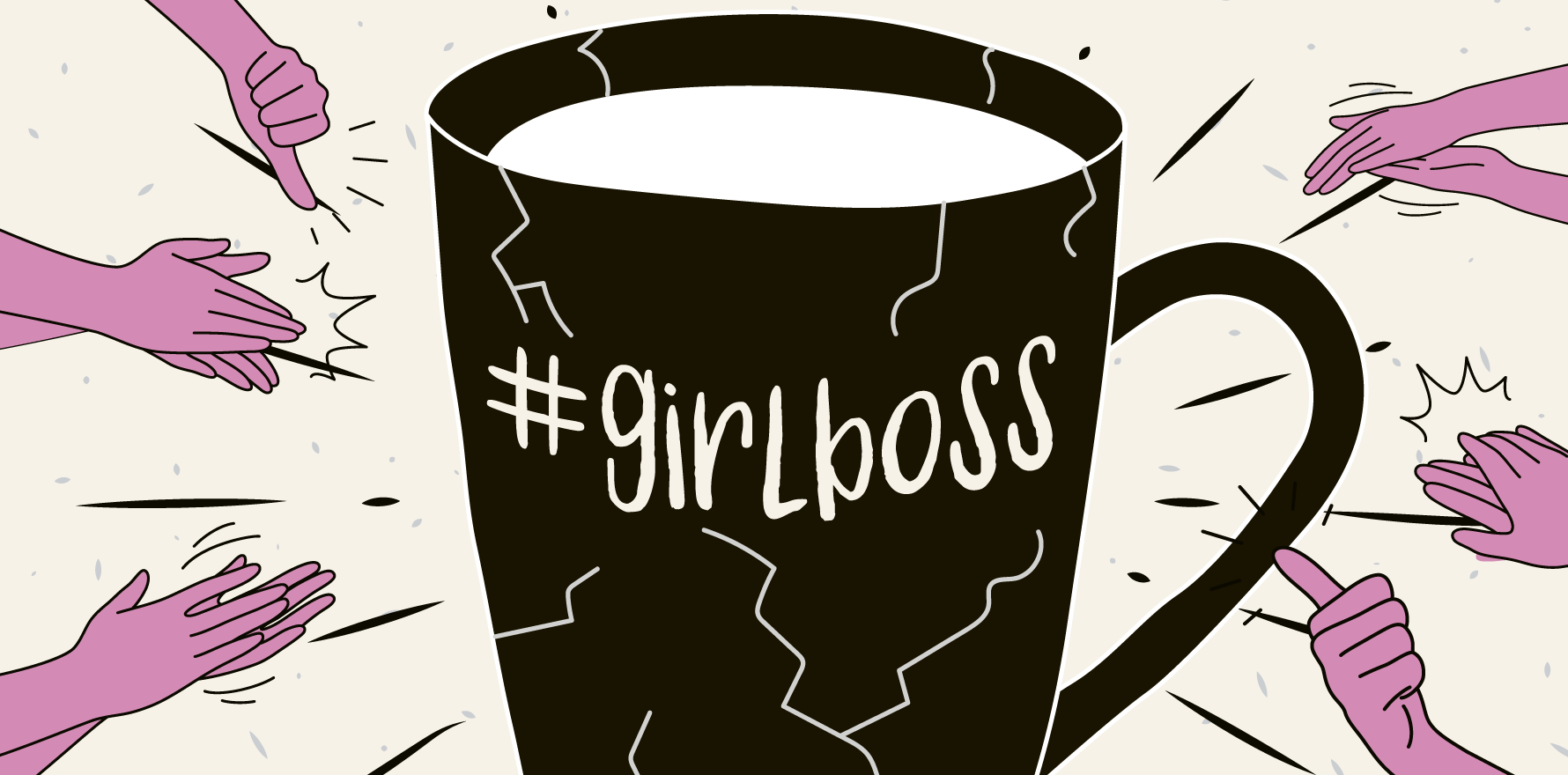A survey on medical sexism finds two in three women believe they have experienced gender-based discrimination in a healthcare setting.
Around 70% of Australian women say they have personally experienced gender bias during a consult with their GP – compared with 45% of consults in hospital settings – according to a 2023 survey by the National Women’s Health Advisory Council.
The #EndGenderBias report was launched at the National Women’s Health Summit on Thursday morning by Assistant Minister for Health and Aged Care Ged Kearney, who chairs the advisory council.
The summit itself was produced by the National Women’s Health Advisory Council and presented by RANZCOG.
Around 2500 Australian girls, women and people assigned female at birth completed the gender bias survey in the second half of 2023.
Gender bias was described across three domains:
- Interpersonal experiences where women described feeling dismissed or dehumanised
- Structural barriers to care, such as the scarcity of abortion providers in rural areas and high out-of-pocket costs for female-specific ultrasound scans
- Gender bias in the evidence base due to lack of female representation in research; despite being a major cause of disability in women under 50, for instance, there are no robust Australian studies on migraine prevalence
The summary report of the survey also describes the intersectional and far-reaching impacts of encountering gender bias in healthcare.
I think that study needs some unpacking.
— Adj Prof Karen Price, 20-22 RACGP Past Prez (@brookmanknight) March 13, 2024
Melbourne GP Dr Mariam Tokhi, who was present at the summit, told The Medical Republic she felt the results – particularly the gap between perceptions of bias in general practice versus hospital – were largely a reflection of general practice as the frontline of healthcare.
Women have more exposure to general practice, so they may have had more negative experiences.
Related
“But it also reflects that we have work to do in general practice and that we need to be adequately funded and resourced to provide quality care,” Dr Tokhi said.
“That means designing general practice systems that are safe and accessible and kind to the most vulnerable women in the community.
“It means we need Medicare reform that doesn’t penalise patients for needing more time or space with their clinicians.”
Taking time to listen and speak to a teenager with painful periods or premenstrual dysphoric disorder can be “life-changing care”, she said.
“GPs are well placed to build these trusting care relationships across a person’s whole life course, but we do need a Medicare system and funding systems that support slow, trusting and thorough care,” said Dr Tokhi.
The exact questions used in the #EndGenderBias survey were no longer available online.





